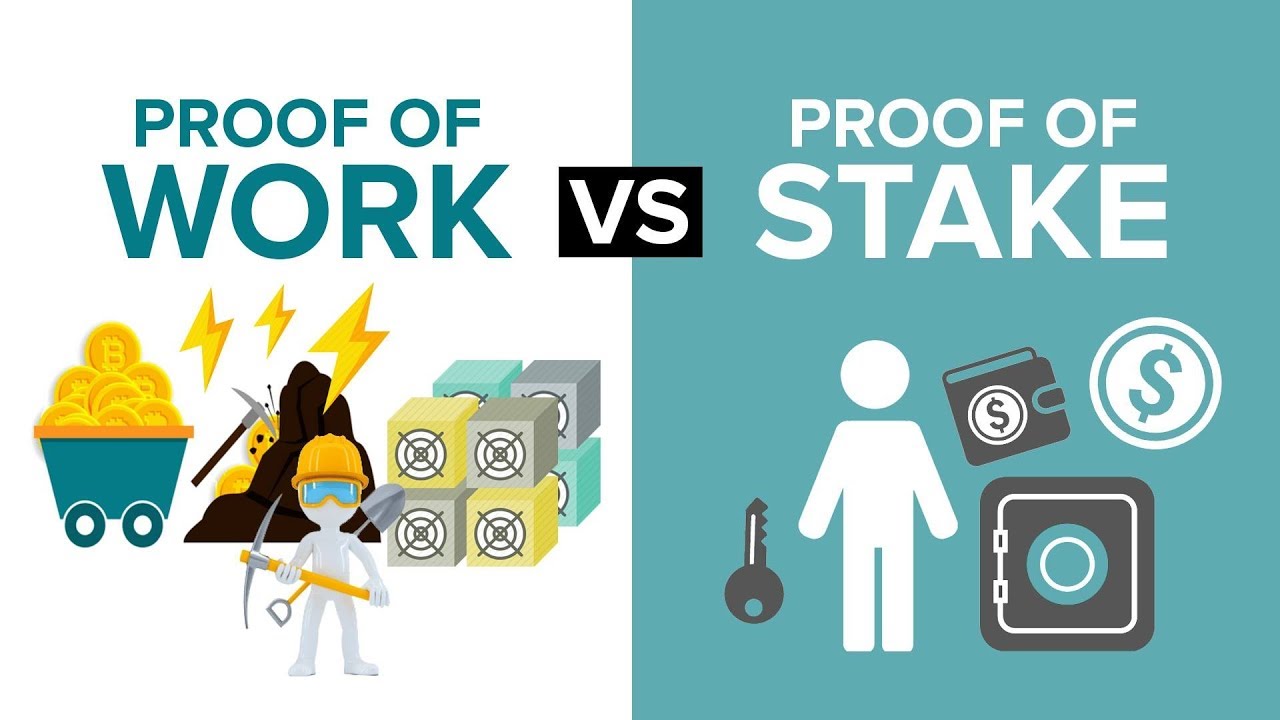🔐 How Crypto Wallets Work: A Complete Guide
Cryptocurrency has revolutionized the way we think about money, ownership, and transactions. But at the core of this digital revolution lies an essential tool: the crypto wallet. Without wallets, it would be impossible to send, receive, or store digital assets like Bitcoin, Ethereum, and thousands of other cryptocurrencies.
In this comprehensive guide, we’ll explore what crypto wallets are, how they work, the different types, how they secure your assets, and what to consider when choosing one.
📦 What Is a Crypto Wallet?
A crypto wallet is a digital tool that allows users to store and manage their private keys, which are necessary to access and use their cryptocurrency. Contrary to the term, wallets don’t actually “store” the coins themselves — all cryptocurrencies exist on a blockchain. What the wallet stores are the private keys that prove ownership and authorize transactions on that blockchain.
In essence, if your cryptocurrency were a bank account, your wallet would be your online banking app, and your private key would be your password.
🔑 Private Keys vs. Public Keys
Crypto wallets use a pair of cryptographic keys:
- Public Key: A long string of characters derived from your private key. It’s used to generate your wallet address and is safe to share with others.
- Private Key: A secret string of characters that allows you to access and control your crypto. If someone gains access to your private key, they have full access to your funds.
For example:
- You can think of the public key (wallet address) as your email address.
- Your private key is your password.
🧠 How Do Crypto Wallets Work?
Crypto wallets interact with various blockchain networks to allow users to:
- Generate keys: When you create a wallet, a pair of keys (public and private) is generated.
- Send funds: To send cryptocurrency, your wallet signs a transaction using your private key.
- Receive funds: Others can send crypto to your wallet by using your public address.
- Check balance and history: Wallets can read the blockchain to display your holdings and transaction history.
The wallet software essentially provides a user-friendly interface to handle these processes securely.
🧱 Types of Crypto Wallets
Crypto wallets are mainly classified into hot wallets and cold wallets, based on whether they’re connected to the internet.
🔥 Hot Wallets (Online)
Hot wallets are connected to the internet and are ideal for frequent transactions.
- Web Wallets: Browser-based wallets (e.g., MetaMask, Coinbase Wallet)
- Mobile Wallets: Apps on smartphones (e.g., Trust Wallet, Atomic Wallet)
- Desktop Wallets: Installed software on computers (e.g., Exodus, Electrum)
Pros:
- Easy to access and use
- Fast transactions
- Ideal for beginners
Cons:
- More vulnerable to hacking
- Susceptible to malware and phishing
❄️ Cold Wallets (Offline)
Cold wallets are stored offline and offer superior security.
- Hardware Wallets: Physical devices like USB drives (e.g., Ledger, Trezor)
- Paper Wallets: Physical printout or handwritten notes of keys and addresses
Pros:
- Immune to online hacking
- Ideal for long-term storage
Cons:
- Less convenient for frequent trading
- If lost or damaged without backup, access to funds is lost forever
🧠 Seed Phrases and Backup
Most wallets provide a seed phrase (or recovery phrase) when you first set them up. This is usually a 12- or 24-word phrase that can regenerate your entire wallet, including all keys and addresses.
Important:
- Write your seed phrase down on paper (not digitally).
- Store it in a secure location.
- Never share it with anyone.
Losing your seed phrase means losing access to your funds if your device is lost or damaged.
🔐 How Wallets Keep You Safe
Security is critical in crypto. Wallets use several mechanisms to protect your assets:
- Encryption: Private keys are encrypted on your device.
- Two-Factor Authentication (2FA): Added layer of security for access.
- PINs and Biometric Locks: Many mobile and hardware wallets offer PINs or fingerprint scans.
- Multisignature (Multisig): Requires more than one private key to authorize a transaction.
Always ensure you’re using a reputable wallet and download from official sources.
⚙️ Custodial vs. Non-Custodial Wallets
This is one of the most important distinctions in the crypto world:
🏦 Custodial Wallets
- Your private keys are managed by a third-party (e.g., an exchange like Binance or Coinbase).
- You don’t fully control your funds.
Pros:
- Easy to recover access
- Beginner-friendly
Cons:
- Less secure
- Vulnerable to hacks or platform failures
🗝️ Non-Custodial Wallets
- You control your private keys.
- You are fully responsible for your funds and security.
Pros:
- True ownership of assets
- Better privacy and control
Cons:
- More responsibility
- If you lose access, there’s no recovery unless you have your seed phrase
🔄 Sending & Receiving Crypto: A Quick Walkthrough
✅ Sending:
- Enter the recipient’s wallet address.
- Choose the amount.
- Pay the network fee (gas).
- Confirm and sign the transaction with your private key.
- Broadcast it to the blockchain.
✅ Receiving:
- Copy and share your public wallet address.
- Wait for the transaction to be broadcast and confirmed.
- Your wallet will update with the new balance once confirmed.
🧠 Tips for Choosing the Right Wallet
- Usage needs: Do you trade daily or hold long-term?
- Security level: Hardware wallets for large amounts; hot wallets for everyday use.
- Ease of use: Beginners might prefer mobile or custodial wallets.
- Token support: Make sure your wallet supports the coins/tokens you want.
- Backup options: Seed phrase and secure recovery are essential.
🌐 Popular Crypto Wallets
Here are a few trusted wallets across different categories:
| Wallet | Type | Platform | Custodial |
|---|---|---|---|
| MetaMask | Hot | Web/Mobile | No |
| Trust Wallet | Hot | Mobile | No |
| Coinbase | Hot | Web/Mobile | Yes |
| Ledger Nano | Cold | Hardware | No |
| Trezor | Cold | Hardware | No |
| Electrum | Hot | Desktop (BTC) | No |
🧭 Final Thoughts
Crypto wallets are the gateway to the decentralized world of blockchain and digital currencies. They empower individuals to be their own bank — to send, receive, and manage digital assets with full control.
However, with great power comes great responsibility. Understanding how wallets work, the difference between keys, how to secure them, and which type suits your needs is essential to safely navigating the crypto landscape.
Whether you’re a beginner dipping your toes into Bitcoin or an experienced DeFi user, a good wallet is your most valuable tool.




